In a surprising twist for Zimbabwe’s internet landscape, a wave of connectivity issues has struck Starlink users subscribed through major resellers TelOne and ZODSAT. Over the past week, scores of business and priority customers have reported being abruptly cut off from the satellite internet service, raising serious concerns about reliability in a country that increasingly depends on Starlink for connectivity.
Users affected by the outage have been greeted with alarming error messages on their Starlink portals: “No active subscription” and “service in restricted mode.” For those relying on Starlink’s Priority (formerly Business) service tier, which is significantly more expensive and promises top-tier speeds and performance, the outage has effectively rendered their hardware unusable.
The disruption appears to be limited to customers who subscribed via TelOne and ZODSAT—two of the five Starlink-authorised resellers operating in Zimbabwe. Other customers using different resellers or activated through alternate means remain unaffected. This pattern points to a localized issue rather than a system-wide failure.
Behind the scenes, speculation is mounting that payment processing may be the root cause. Starlink’s billing system displays the “No active subscription” error when it has not received payment for an account. In the reseller model, customers make payments directly to the local partner—TelOne or ZODSAT in this case—who then remit the funds to Starlink’s central system in the U.S. A delay or failure in this remittance chain would plausibly explain the abrupt service cutoff.
This theory is further reinforced by screenshots shared with our newsroom showing customers had, in fact, made payments and received receipts from the resellers. Yet despite this, their services remain inactive. Multiple sources within TelOne, speaking anonymously, confirmed they are aware of the issue and acknowledged that efforts are underway to resolve it and prevent future recurrence. No official public statement has yet been issued by TelOne, ZODSAT, or Starlink.
The outage comes at a time when demand for Starlink in Zimbabwe has never been higher. With residential capacity in Harare and surrounding urban areas marked as full for months, the only viable way for most new users to get connected has been through the Priority package via resellers. A previously popular workaround—activating a kit in a low-traffic area and using roaming in Harare—has since been disabled by Starlink, pushing users toward resellers as the only realistic option.
TelOne and ZODSAT rose to prominence in this space by leveraging their existing infrastructure and expertise. TelOne brought decades of telecom experience to the table, while ZODSAT was already known for delivering satellite internet to remote mines and farming communities. Through them, Starlink reached thousands of customers who would otherwise have remained offline.
According to the latest Q1 2025 report from the Postal and Telecommunications Regulatory Authority of Zimbabwe (POTRAZ), Starlink now commands 83% of Zimbabwe’s total international internet capacity usage, despite serving just 9% of the fixed internet market. That translates to roughly 27,000 subscribers consuming a disproportionate share of the country’s bandwidth—driven largely by the service’s high-speed connections and unlimited data options.
This disruption, therefore, is more than just a technical hiccup—it’s a significant development for Zimbabwe’s digital economy. For small businesses, remote workers, and entrepreneurs who depend on consistent connectivity, even a short outage can be costly. And with Starlink becoming the backbone of high-speed internet access in underserved and urban areas alike, the reliability of reseller arrangements has become a matter of national interest.
As of now, affected customers remain offline, and questions linger over the cause and duration of the outage. Until official word comes from Starlink or its local partners, users are left in limbo—hoping the service they rely on will soon return, and that such disruptions don’t become a recurring theme in Zimbabwe’s evolving internet story.



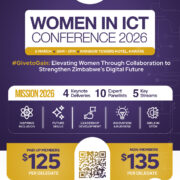
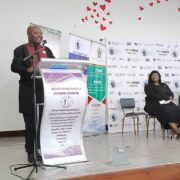
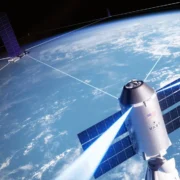
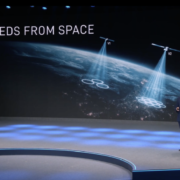

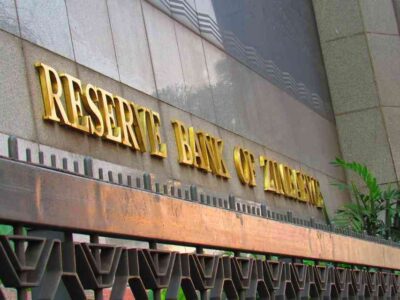

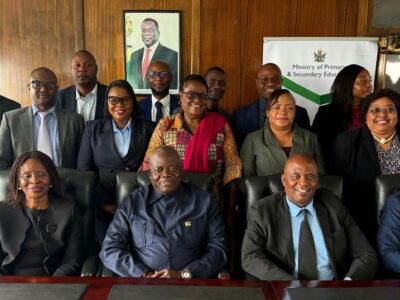



Comments